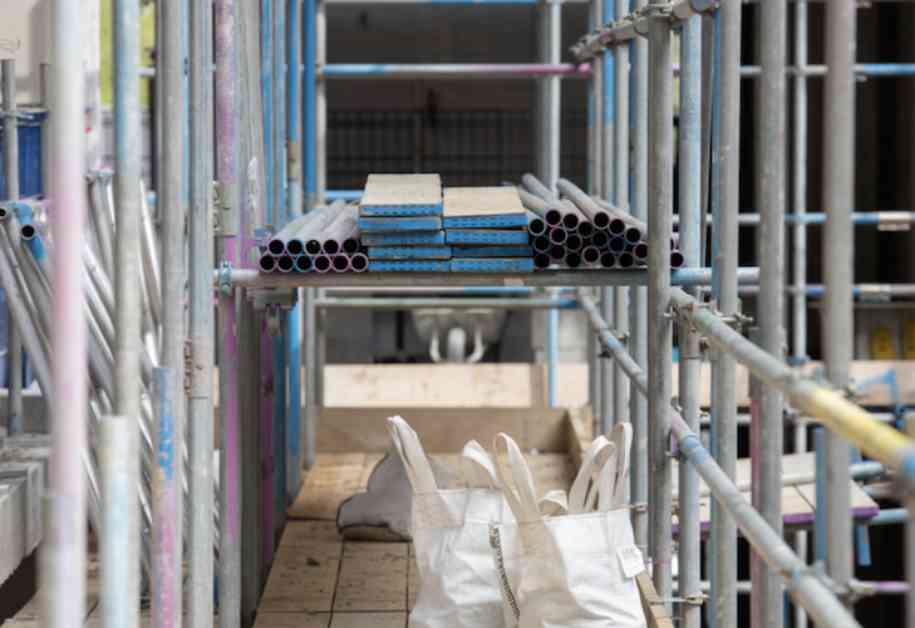In July, the independent Climate Change Committee (CCC) warned the government that it was not meeting its climate change target of “net zero by 2050” for reducing greenhouse gas emissions. This also raised doubts about London’s even more ambitious goal of achieving net zero by 2030, set by Mayor Sadiq Khan. Recently, Khan himself acknowledged that the current targets are not achievable, stating that they are off track.
Khan’s 2030 target heavily relies on central government action and individual efforts from Londoners and businesses to make changes, particularly in heating and transportation. Retrofitting homes, a key focus, involves insulating homes and installing heat pumps to reduce heating needs by 40%. However, this process is costly and slow-moving.
About half of London’s social housing stock requires retrofitting, totaling around 500,000 homes. Despite promises of a “retrofit revolution,” progress has been minimal. There is a lack of funding, trained workers, and a fragmented approach to retrofitting. Homeowners face complex processes, high costs, and insufficient incentives to make their homes energy efficient.
The report suggests that the government has not provided enough funding for retrofitting, and Mayor Khan has been slow in addressing training and procurement issues. The lack of a collective strategy for retrofitting across the city has resulted in uncoordinated projects and underutilized pilots. To address these challenges, a new “London Office of Retrofit” is proposed to coordinate city-wide efforts and improve the retrofitting process.
While some argue that missing targets is less important than taking action, failing to meet goals can undermine the credibility of climate change policies. The language used in climate change discussions is also questioned, with some suggesting that technical terms like “net zero” may not resonate with the general public. This raises the need for a new approach to engage and educate people on climate action.
As London continues its journey towards sustainability, collaboration between the government, local authorities, and residents will be crucial in achieving net zero emissions. By addressing funding gaps, improving coordination, and enhancing communication, the city can work towards a more sustainable future for all.





















